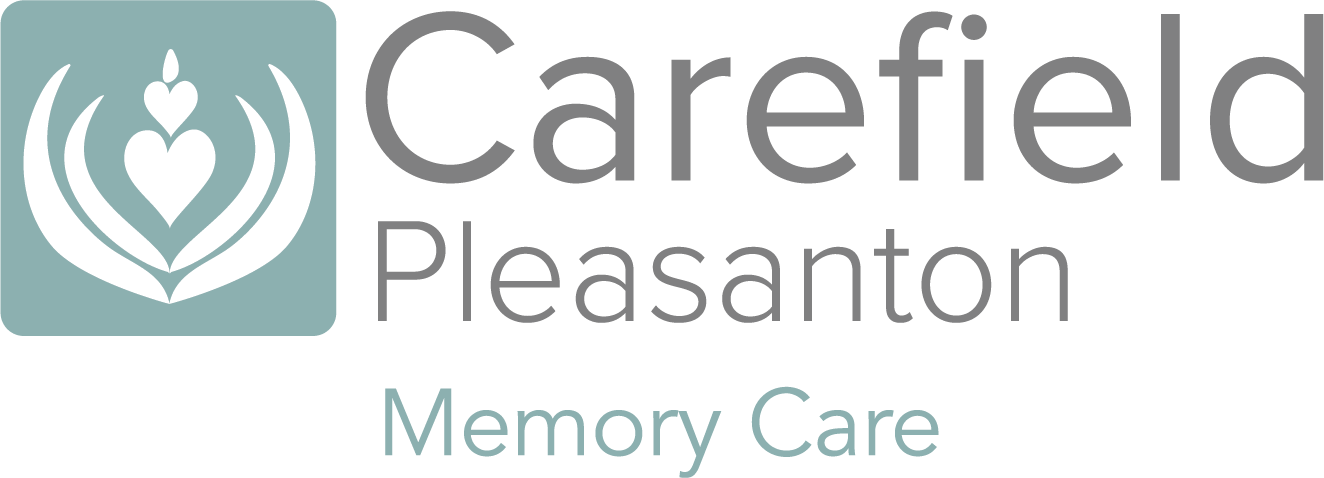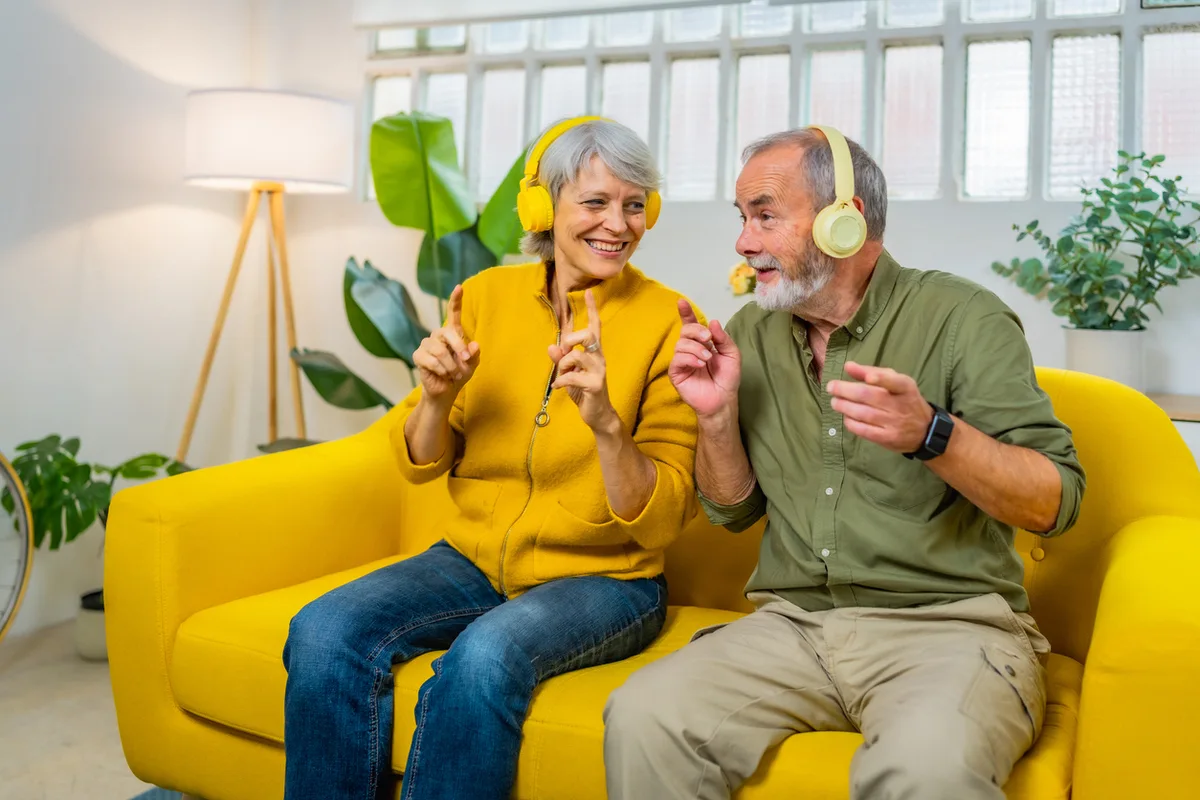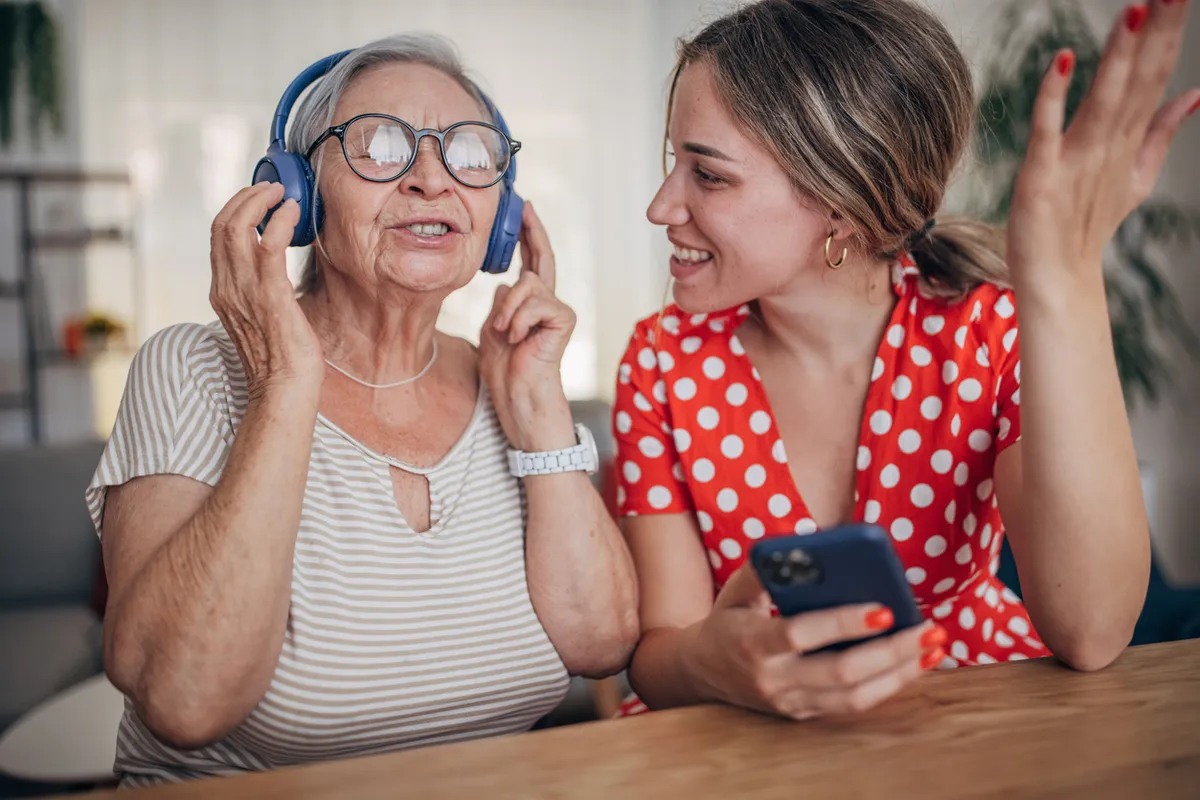
As the summer heat sets in, it is important to take extra care of seniors with Alzheimer’s, dementia or other forms of memory loss. These individuals are at increased risk of heat-related illnesses, as they may not be able to recognize the signs of heat exhaustion or heat stroke.
Here are some helpful tips:
- Stay cool. The best way to prevent heat-related illness is to stay cool. This means staying indoors in an air-conditioned environment as much as possible. If your loved one must go outside, avoid the hottest part of the day (10am to 2pm) and stay in shady areas. If your loved one does not have air conditioning, find the nearest city “Cool Zone” near you by searching for “Cool Zone near me” or check your local public library’s hours.
- Use a smart thermostat. If you currently do not live with your loved one and they have air conditioning, investing in a smart thermostat (like Nest) can help with keeping your loved one’s home cool. There’s an added benefit of controlling the thermostat through an app, allowing you to turn on their air conditioning at any time, anywhere.
- Stay hydrated. Seniors with memory loss are more likely to become dehydrated, so it is important to make sure they drink plenty of fluids. Keep track of their fluid intake by using a large jug with notches for measurements or by pre-filling glasses of water, putting them in the fridge and setting a goal of consuming all of the glasses by the end of the day. The general rule of thumb is to take one third of your loved one’s body weight and drink that many ounces of water.
- Dress for the weather. Dress your loved one in light, loose-fitting clothing made from breathable fabrics. Avoid synthetic fabrics, as these can trap heat. A hat and sunglasses can also help to protect your loved one from the sun. Take breaks. If your loved one is going to be outside for an extended period of time, take breaks in a cool, shady area. Encourage them to sit down and rest, and offer them fluids. Monitor their health. Pay close attention to your loved one’s health during hot weather. If they start to exhibit signs of heat exhaustion or heat stroke, such as dizziness, nausea, or confusion, seek medical attention immediately.
Signs of heat exhaustion include:
- Dizziness
- Nausea
- Headache
- Fatigue
- Confusion
- Pale skin
- Rapid breathing
Unlike heat exhaustion, heat stroke requires immediate medical attention. If you see any of the following signs, call 911 immediately.
Signs of heat stroke include:
- High body temperature (above 103 degrees Fahrenheit)
- Confusion
- Seizures
- Loss of consciousness
Caring for a loved one experiencing memory loss can be challenging. The team at Carefield Pleasanton is always available to answer your questions about memory care for your loved one, and the benefits of a community. Call us today to schedule a tour.






